Artificial Intelligence (AI) chatbots are revolutionizing the way businesses interact with their customers, automate processes, and increase efficiency. In recent years, AI chatbots have also become an essential tool for data analytics. By leveraging the power of machine learning and natural language processing, AI chatbots can help businesses process large amounts of data, identify patterns and trends, and make informed decisions.
Understanding Data Analytics
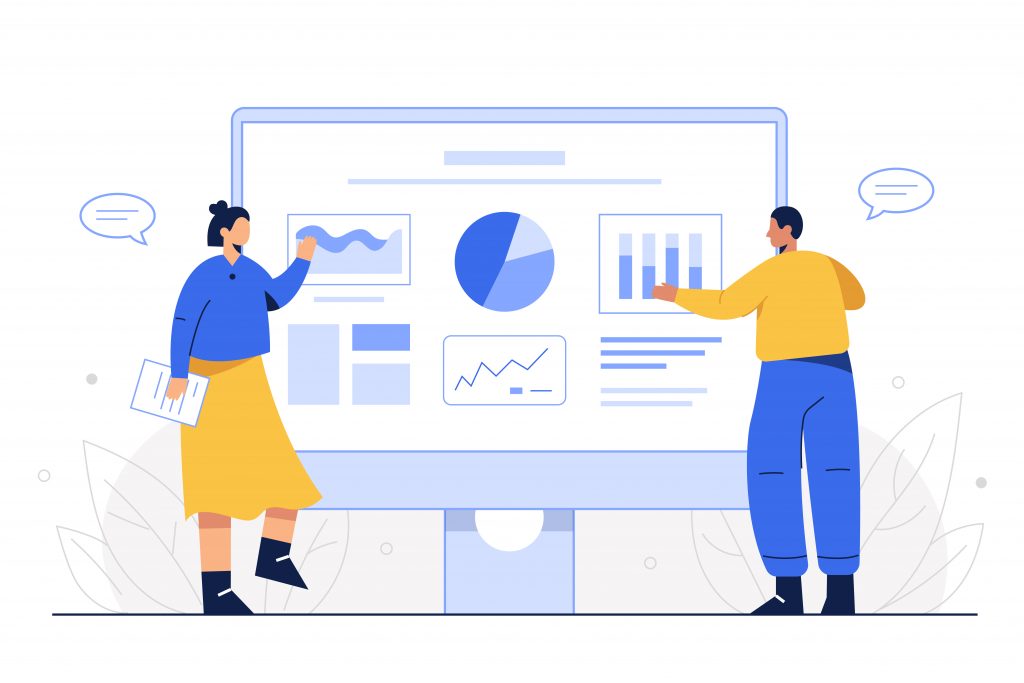
Data analytics refers to the process of collecting, processing, and analyzing data to gain insights and make informed decisions. Data analytics has become increasingly important in today’s business world, where companies generate massive amounts of data on a daily basis. However, analyzing data manually can be a daunting task, especially when dealing with large datasets.
Benefits of AI Chatbots for Data Analytics
AI chatbots can help businesses overcome the challenges of manual data analysis. Here are some of the key benefits of using an AI chatbot for data analytics:
- Speed: AI chatbots can analyze data at a much faster rate than humans, reducing the time required for data analysis and decision-making.
- Accuracy: AI chatbots are less prone to errors compared to humans, which means that the insights they provide are more accurate and reliable.
- Scalability: AI chatbots can process large volumes of data at scale, making it possible to analyze and gain insights from massive datasets.
Use Cases for AI Chatbots in Data Analytics
AI chatbots can be used in various industries for data analytics. Here are some examples:
1. Healthcare
AI chatbots can analyze patient data to identify patterns and trends, which can help healthcare providers make informed decisions about patient care. Here are some examples:
✅ Diagnosis and Treatment
AI chatbots can be trained to recognize patterns in patient data and suggest potential diagnoses or treatments.
✅Patient Monitoring
AI chatbots could analyze patient data from wearable devices, such as heart rate monitors or blood glucose monitors, and alert healthcare providers if there are any concerning trends or patterns.
✅Mental Health
AI chatbots could be used to analyze patient data from mental health apps or chatbots and provide personalized support and resources to patients.
✅Drug Development
AI chatbots could analyze patient data to identify common genetic mutations that may be linked to a particular disease. This can help pharmaceutical companies develop more targeted and effective treatments.
2. Finance
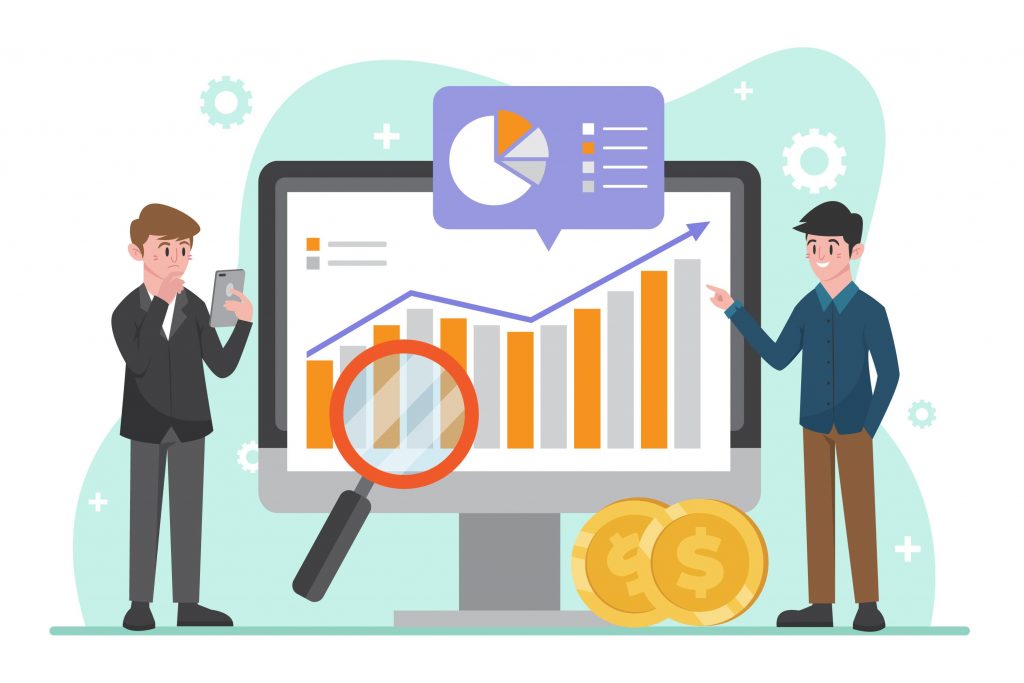
In finance, AI chatbots can analyze financial data to detect fraud, assess risks, identify investment opportunities, and provide personalized financial advice to customers.
By analyzing transaction data and credit scores, AI chatbots can detect fraudulent activities and assess the risk of loan defaults.
They can also analyze financial news and market data to identify potential investment opportunities, and provide personalized financial advice to customers based on their goals and risk tolerance.
Additionally, AI chatbots can provide customer support by answering queries on account balances, transaction history, and loan applications.
3. Insurance
Insurance companies generate a significant amount of data related to claims, policyholders, and underwriting.
AI chatbots can analyze this data to identify patterns and trends that can help insurers improve their risk assessments and underwriting processes.
Additionally, AI chatbots can help automate claims processing and customer support, improving response times and customer satisfaction.
4. Retail
AI chatbots can help retailers analyze customer behavior and preferences, enabling them to provide personalized recommendations and offers.
Additionally, AI chatbots can analyze sales data to identify trends and optimize inventory management, reducing waste and increasing profitability.
5. Manufacturing
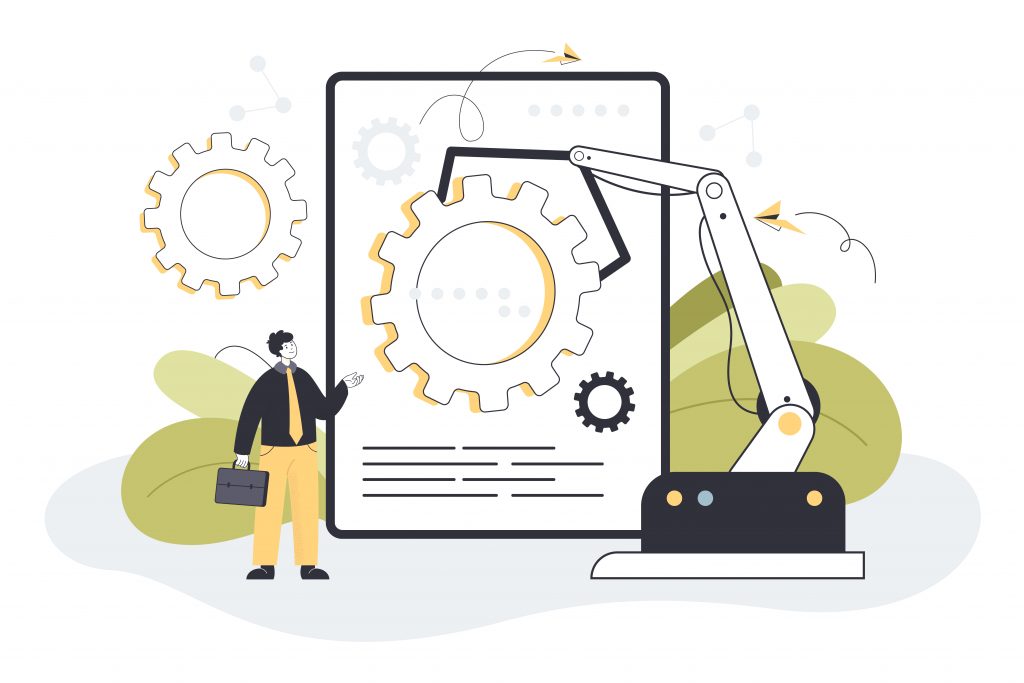
Manufacturing companies generate vast amounts of data related to production processes, supply chain management, and quality control.
AI chatbots can analyze this data to identify inefficiencies, optimize production processes, and reduce waste.
Additionally, AI chatbots can help automate maintenance and repair processes, reducing downtime and improving overall equipment effectiveness.
6. Education
Educational institutions generate a significant amount of data related to student performance, curriculum development, and teacher effectiveness.
AI chatbots can analyze this data to identify areas where students are struggling, enabling teachers to provide targeted support and interventions.
Additionally, AI chatbots can help automate administrative tasks such as grading and scheduling, freeing up teachers’ time to focus on teaching.
7. Transportation
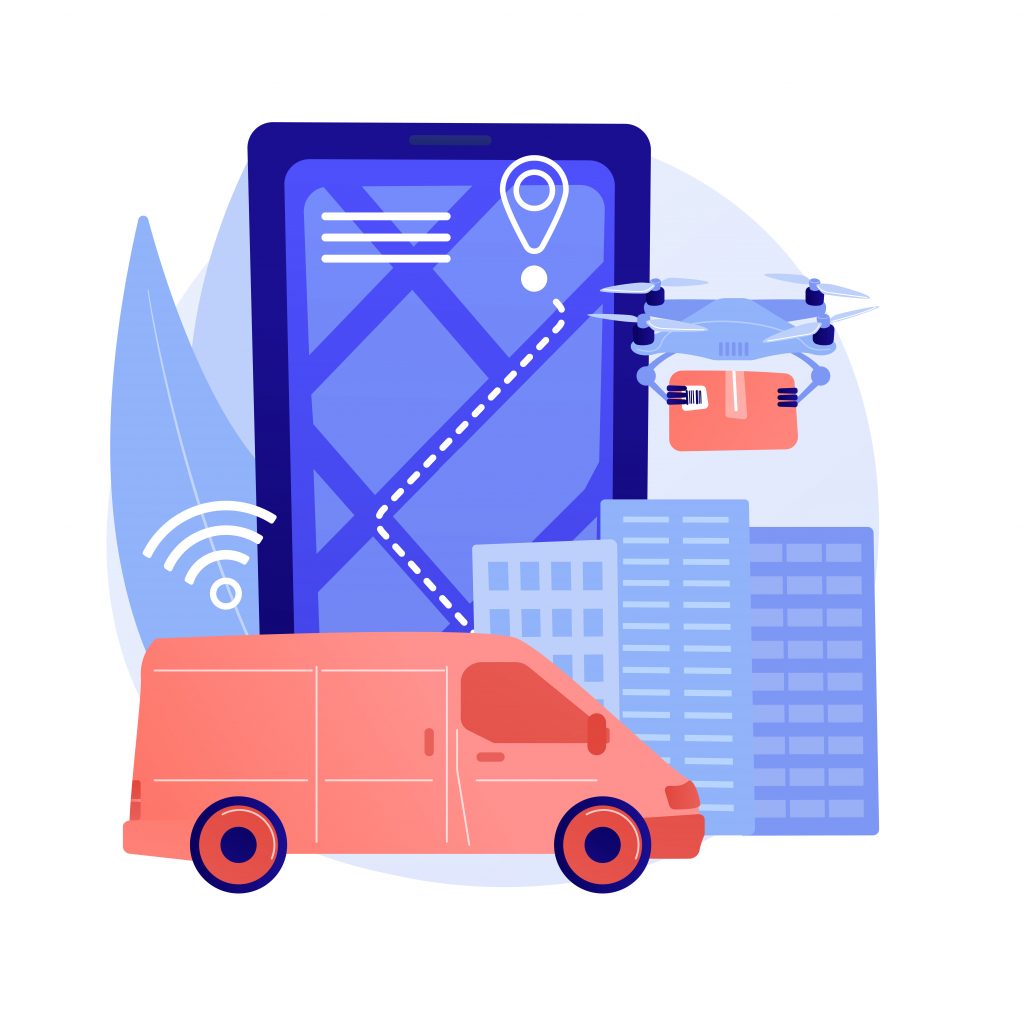
Transportation companies generate vast amounts of data related to logistics, routing, and vehicle maintenance.
AI chatbots can analyze this data to optimize transportation routes, reducing fuel consumption and improving delivery times.
Additionally, AI chatbots can help automate maintenance processes, reducing downtime and improving overall fleet effectiveness.
Choosing the Right AI Chatbot for Your Business
When selecting an AI chatbot for data analytics, it’s important to consider the following factors:
- Functionality: Choose an AI chatbot that aligns with your business needs and can perform the required data analytics tasks.
- Integration: Ensure that the AI chatbot can integrate with your existing systems and data sources.
- Customization: Look for an AI chatbot that can be customized to meet your specific business requirements.
Implementation of AI Chatbots for Data Analytics
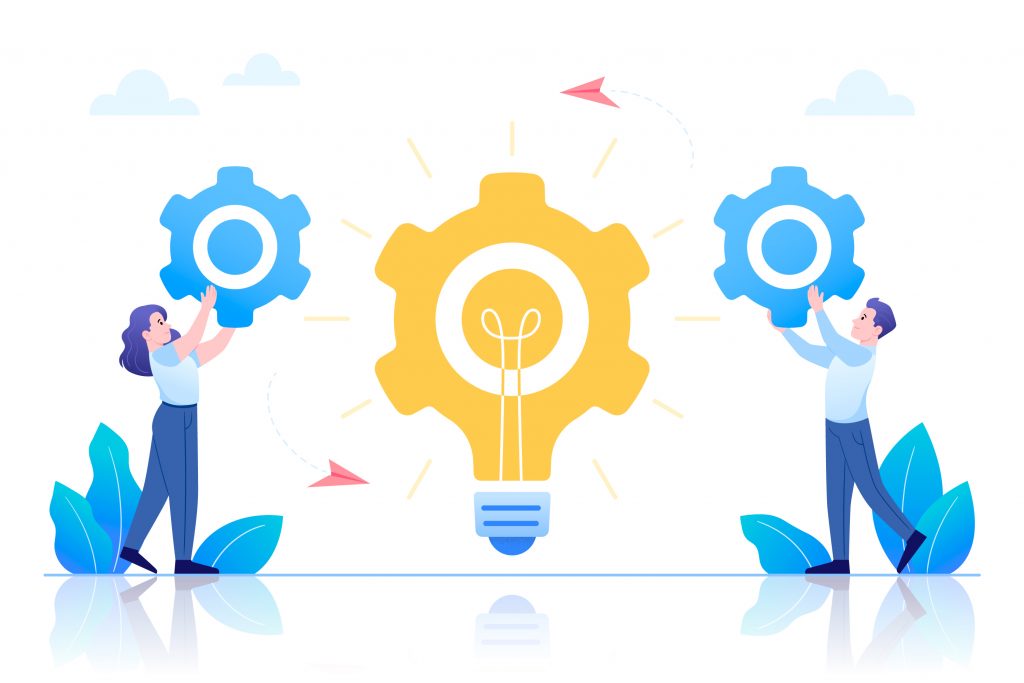
Implementing an AI chatbot for data analytics involves the following steps:
- Data preparation: Collect and prepare the data for analysis.
- Model development: Train the AI chatbot to analyze the data and provide insights.
- Integration: Integrate the AI chatbot with your existing systems and data sources.
- Testing: Test the AI chatbot to ensure that it is performing as expected.
Chatbot implementation, however, requires professional expertise. This is where TARS and its team of experts come in. Keep reading to learn how we can help.
Need a Chatbot for Data Tracking and Analytics? We Can Help

TARS chatbots are efficient marketing tools that will not only help you track and review customer data but will also allow you to integrate multiple data analytics tools with it.
Want to learn how? Simply book a free demo and our team of in-house experts will walk you through the entire process.
What’s more! – TARS chatbots are omnichannel tools that can be deployed across all channels for more engagement at every touch point.
There is a reason TARS is trusted by multiple industry giants such as – American Express, Vodafone, Nestle, Adobe, Bajaj, and many more.

Ish is the co-founder at Tars. His day-to-day activities primarily involve making sure that the Tars tech team doesn’t burn the office to the ground. In the process, Ish has become the world champion at using a fire extinguisher and intends to participate in the World Fire Extinguisher championship next year.
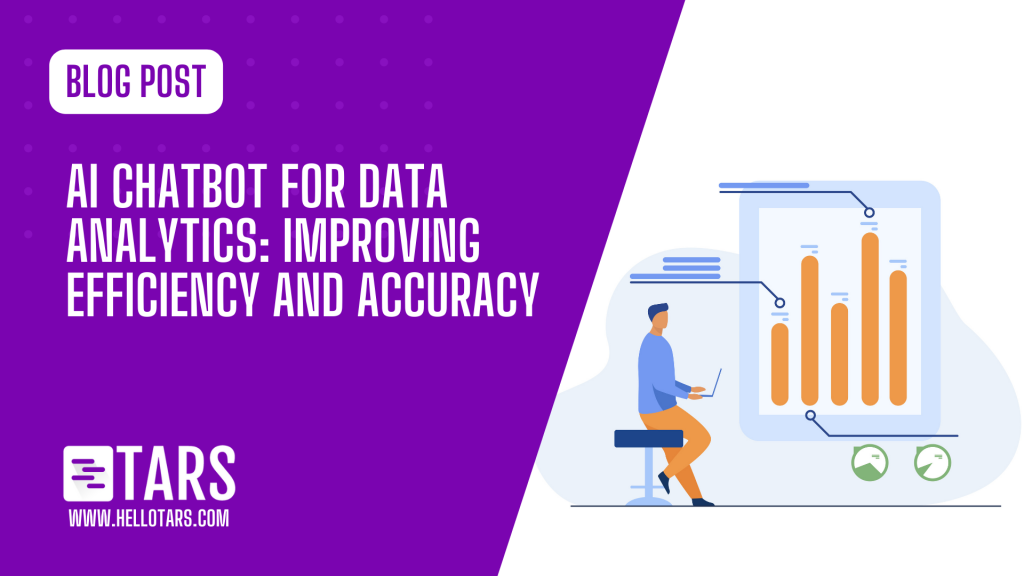
0 Comments on "AI Chatbot for Data Analytics: Improving Efficiency and Accuracy"